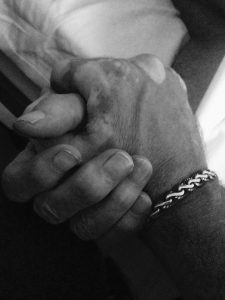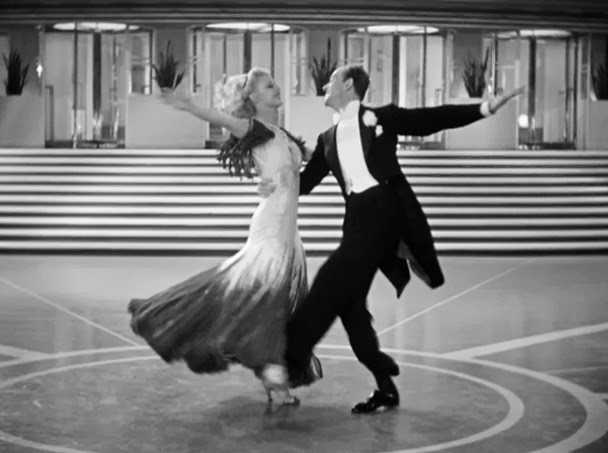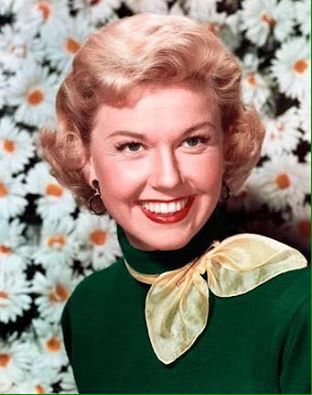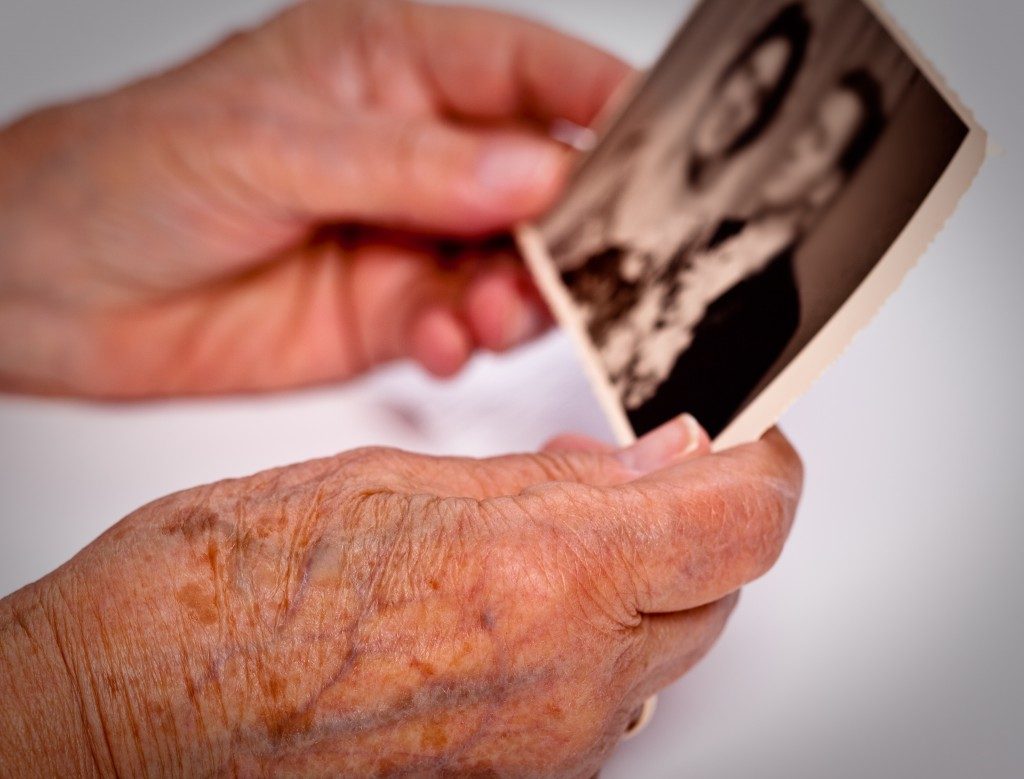
Sorry for the delay in writing but we have been experiencing a very different journey in the palliative stage, which like the rest of our dementia story is just like a rollercoaster ride (just a much slower paced one). I am inspired to write as I have experienced so much in the last 48 hours and I want to share what I have learnt and how I feel. Bob is still with us, but it appears it won’t be long before he is at peace. It seems surreal to be writing this blog but also feels like I am opening up a conversation about an area of dementia/aged care that many DD members may be fearing down the track, and/or may know very little about.
I often question myself when writing blogs “is this appropriate to make public?” or “is this pic too graphic?”. To answer these questions I resort to my conscience and ask myself “will this make a difference to a family?”… If the answer is ‘yes’, I will share it and deal with the consequences. This blog is no exception.
It all started around the middle of the week when we noticed a sharp decline in Bob’s condition. We knew instantly that he was preparing to go. My Mum intuitively called for my brother, Jason, to fly in from Sydney to join the family at Bob’s bedside. Amazingly as we all came together in the room Bob started to really labour with his breathing, and it was confronting. It was a very pivotal moment in our journey as we hugged, we cried and we dealt with Dad’s condition. I felt the momentum shift with Dad and could feel he was ‘checking out’ at this point. What was overwhelmingly comforting was that Jason made it to his bedside in time and allowed us to be with Dad as a family during this transition. It was also a galvanizing experience where we committed to the palliative stage the ‘Partington way’.
We had many long conversations across the last 48 hours about “what is best for Dad?” covering every aspect of his palliative care. By having this approach it made making decisions easier. When you aim for the absolute highest standards with anything, there won’t be any regrets. As a family unit we discussed at length Dad’s body positioning in the bed. He has to be turned every two hours by the carers to avoid pressures sores (red marks). We also considered Bob’s breathing, his chest congestion, his personal preference of which side he sleeps on, his current pain level, his dignity, his music, his lighting, the air temperature, does he need blankets?, the angle of the bed, positioning cushions for best pain relief, and so much more.
This stage seems to be going in ‘slow motion’ and we are so in tune with Dad’s breathing that we are counting the seconds between breaths (it can be up to 10 -20 seconds). The breaths become shallow, and we notice many other small changes across his body. There are many jolts and jerks with Dad’s limbs which take a while to get used to. The more time we spend with him, the more we adapt to his natural rhythms and become in synch with him.
The minutes tick away slowly as 5 people share the oxygen in the small room. It is a busy space but also exciting when Dad smiles or grips our hand. It can also be intense, sad, reflective, lonely, and a whole heap of other emotions. There has also been some light hearted moments as well which I will share at a later date. Our family have been there the whole time and we have each gained a few minutes of sleep here and there (except Mum who has now been awake for 48 hours). To see her loyalty and commitment to Dad is downright inspiring and her strength and character has certainly been on display. I am pleased to say that Mum is now comfortable enough to step away for a well-deserved rest knowing we have done everything possible for Dad. We are taking shifts of sitting with Dad (one person at a time) and just being there with him, holding his hand and having some time alone with him. I am sure each of us will be having personal conversations with him that will be treasured. We are told that ‘hearing’ is the very last thing to go so we are using this to advantage and ensuring he leaves us with our inner most thoughts and some nice music in his ears.
The nursing staff and care staff have been amazing and rallied around us with cups of tea, sandwiches, cordial and plenty of support and comfort. I hope this blog sheds some positive light on palliative care and what can be gained by embracing the stage. We are tired but certainly doing ok. I hope you understand that I am sharing this blog to help others as well as being cathartic for me. When the time comes for Dad to pass away, we will be extremely sad, but also relieved for him. I also want to acknowledge that palliative care is a very personal thing and every family can and will handle it differently. Every family has a unique dynamic and bond and there is no right or wrong way to approach ‘end of life’. Can I also suggest that when families are faced with similar situations that you do what is right for you and your loved one.
Once again I cannot say enough how comforting your comments and thoughts have been for me. I actually feel guilty to have so much support outside our family unit. I am proud of Dad and proud of our family, and I am glad that you are able to share in some of our times with dementia. Thanks for everything and I will write more soon.
Thanks Brett














 Facebook
Facebook Twitter
Twitter LinkedIn
LinkedIn